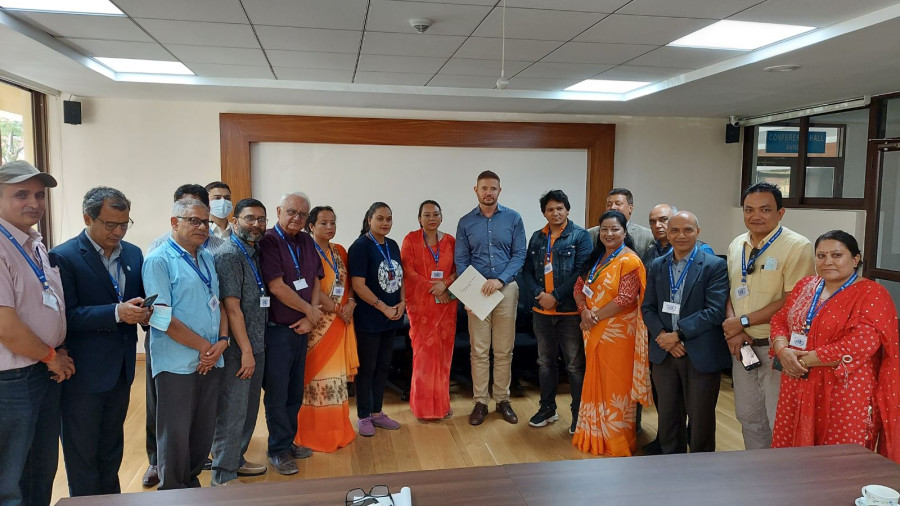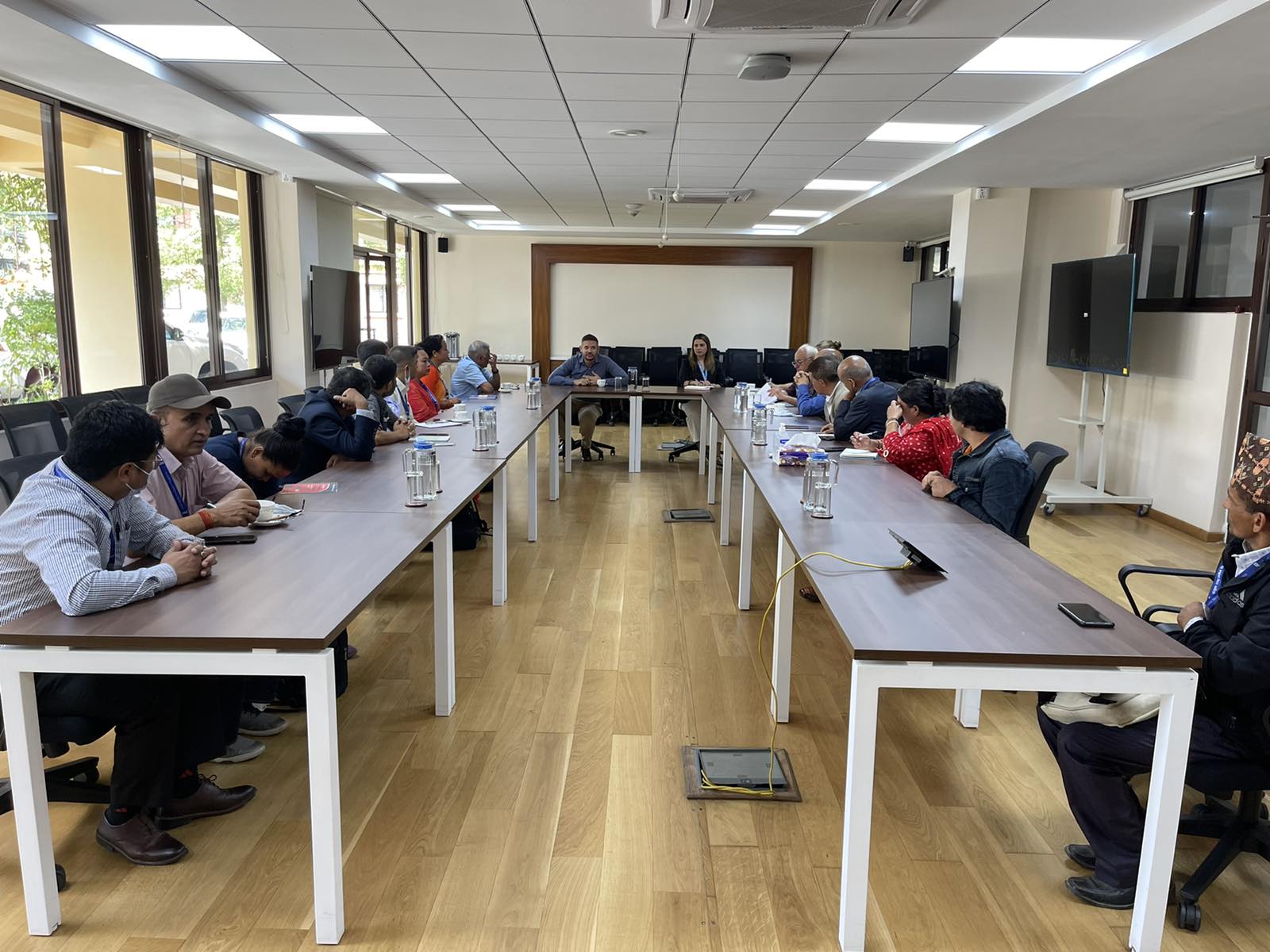National
Conflict victims, human rights activists write to UN chief on Nepal’s transitional justice
In the letter, they have sought Guterres’ good offices to ensure necessary changes in the bill to amend the transitional justice act.
Post Report
Amid controversy over the bill to amend the Enforced Disappearances Enquiry, Truth and Reconciliation Commissions Act, a group of conflict victims and human rights activists have urged United Nations Secretary-General António Guterres, seeking his intervention for the revision of the bill. .
In their letter sent to Guterres through UN Resident Coordinator Office in Kathmandu on Monday, 20 victims and human rights activists have urged Guterres to use his good offices to press upon the government and political parties to ensure necessary amendments of provisions that they say undermine victims’ right to effective remedies and open the door to impunity for those involved in gross violations of human rights and serious violations of international humanitarian law.
The letter undersigned by Gauri Shankar Lal Das and Sushil Pyakurel, former members of the National Human Rights Commission and Kul Chandra Gautam, former UN assistant secretary-general, among others, have said the bill that is under consideration in the Parliament is perpetrator-friendly.
They have claimed that it seeks to suppress the legitimate demands of victims of Nepal’s conflict (1996-2006) for justice, and would open up the possibility of recurrence of such violent conflicts in the future.
The letter was written to the UN chief the day the House of Representatives started deliberations on the amendment bill.
“Mr. Secretary-General, we seek your good offices to impress upon the Government of Nepal as well as Nepal’s Members of Parliament of the faults that are inherent in the transitional justice amendment bill, and to seek amendment as recommended by victims of conflict and human rights defenders,” reads the letter.

The victims and human rights activists say they were perplexed by the lack of substantive action by UN Special Rapporteurs, Special Representatives and Working Groups whose jobs are directly linked with the transitional justice process though the government was pushing the bill aiming at shielding the perpetrators.
The letter lists out the problematic provisions in the bill which includes listing murder as human rights violations instead of serious violations of human rights and non-inclusion on war crimes and crime against humanity in the bill.
“We are surprised at the silence thus far of the various bodies of the United Nations regarding the amendment bill in general, and to the fact that it contains no reference at all to child combatants,” reads the letter.
The letter states that the transitional justice bill does not follow the directives of the Supreme Court of Nepal and violates international principles and practice on transitional justice.
Issues related to differentiations made between “murder” and “cruelly conducted murder”, coercion on victims for amnesty, provisions for reduced sentencing and absence of due process are some other flaws that the letter has mentioned.
The rights activists and victims have also drawn the attention of the UN chief to the absence of the issue of child soldiers in the bill.
“The amendment bill is designed to provide de facto immunity to perpetrators of both sides (Maoists and state security personnel)”, states the letter.



 16.12°C Kathmandu
16.12°C Kathmandu













